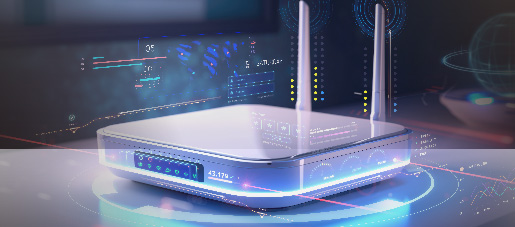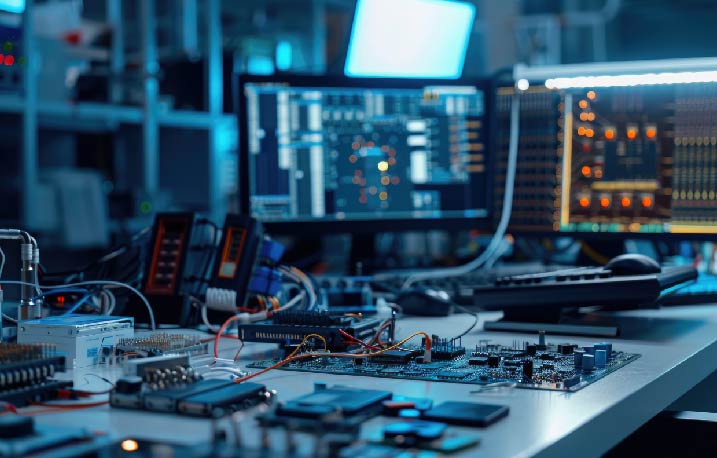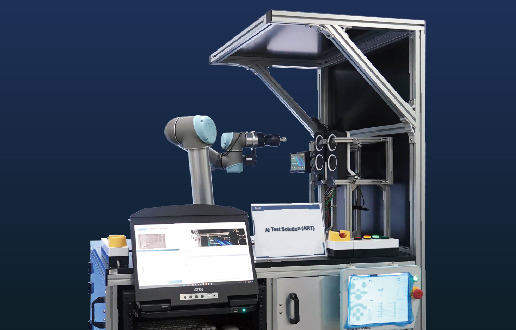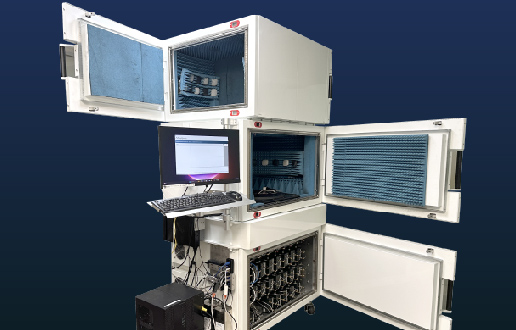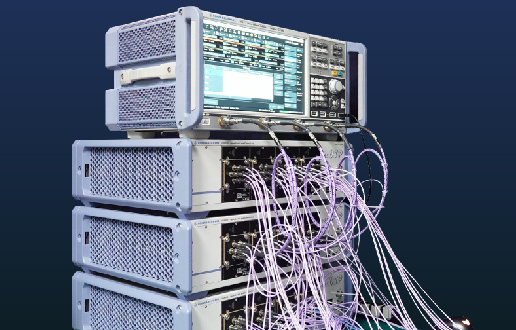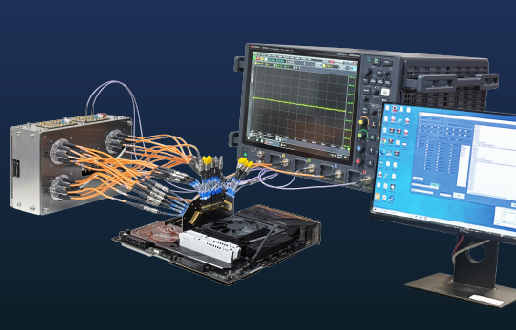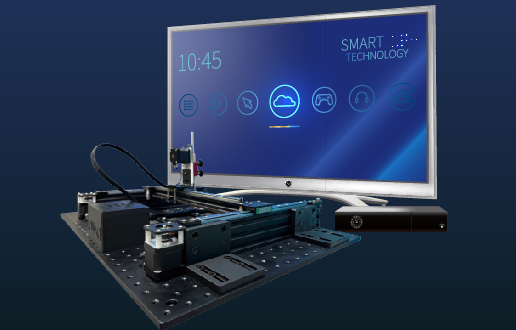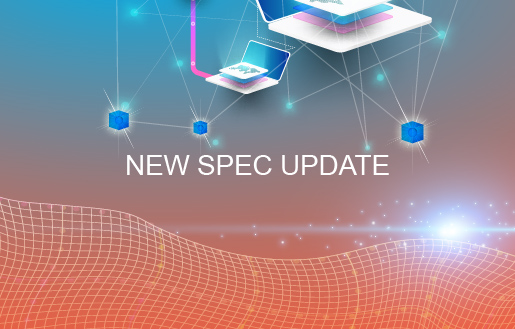Requirements for Server Stability: Vibrations and Mechanical Shock
There are billions of people using the Internet every day who are constantly generating data and storing it in the cloud. The data is kept in data centers with millions of hard drives set up by companies that provide storage services. The devices that store and process data are called servers, and they are usually installed on racks that need to be running for long periods. The hard drives installed within the servers are similar to the ones found in PCs, only they are larger in size and are more densely packed. Inside the servers, multiple hard disks are stacked and arranged on a server rack, also known as a chassis or casing. Multiple server racks are then placed inside a cabinet. There are many cabinets in a data center, allowing users to remotely access data on the hard disks.

Hard drives are very sensitive to vibrations, oftentimes getting damaged by them. There are three main sources of vibration in server racks that lower the performance:
- The sound of the cooling fans
- The vibration of the fans of the storage unit
- The vibrations of the hard disks themselves
Research on vibrations all points to three key points, namely excitation, system, and response. Excitation refers to the source of force and energy, response refers to the related position after being subjected to excitation and the system refers to the range of objects that the mechanical wave passes through.

For example, when a hard disk is subjected to excessive rotational vibration, the performance will drop significantly. In this situation, the fan is the excitation source, the vibrations between the casing and the hard disks are the response, and the casing and other components are the system. Usually, the manufacturer of the chassis will want to know what the responses of the hard disks are to rotational vibration and also whether the amplitude of the vibrations will be too large at certain frequencies.
Therefore, to ensure servers can operate normally in various environments, a series of related stability tests are required, including vibration tests and mechanical shock tests.
- Vibration Test: In this test, the server is exposed to mechanical vibrations at different frequencies and amplitudes, simulating situations that may occur during usage. This helps determine if the servers can function properly in those situations and check if there is damage to the hardware components.
- Mechanical Shock Test: In this test, the server is exposed to a sudden impact, testing its ability to withstand an accidental bump or drop. This helps determine whether the server can withstand being moved around during transportation and also whether it can withstand different degrees of shock during usage. If a server is mounted in an unstable location like a vehicle, there is a chance that it may be damaged by vibration. Also, if the server has withstood impact such as being hit or dropped, there is a chance of malfunction.
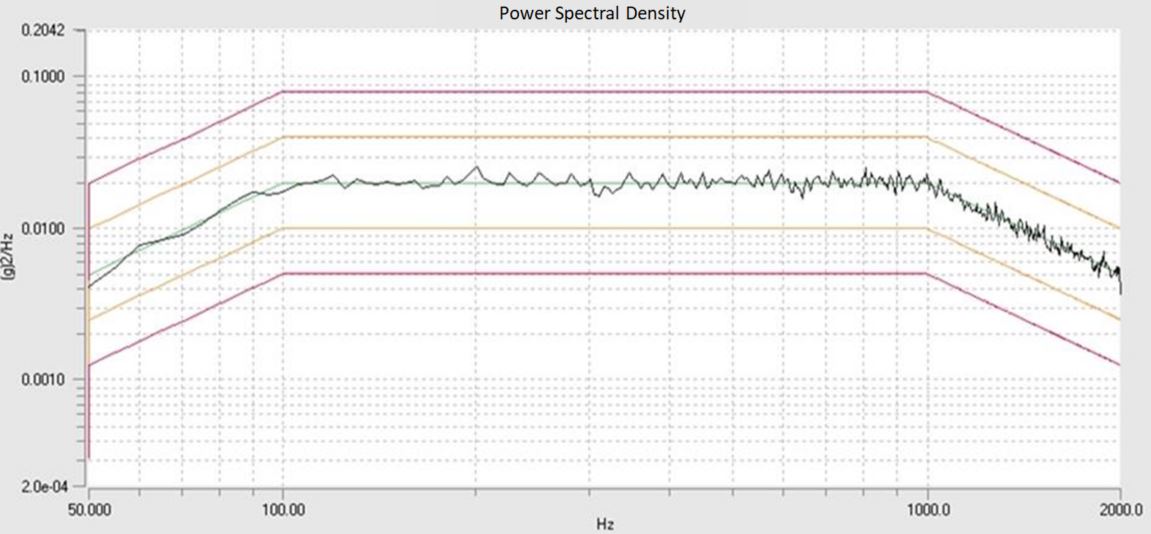
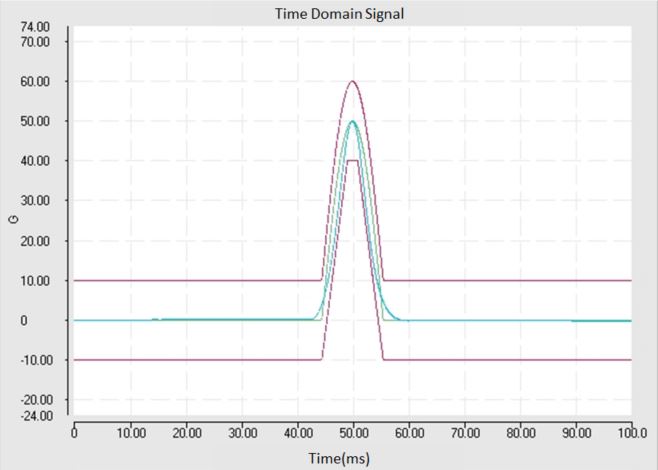
If servers fail the vibration test and the mechanical shock test, the following effects may occur:
- Increased failure rate: Vibrations may loosen or damage components within the server, resulting in failure.
- Lowered performance: Vibrations affect the performance of the servers such as reading speeds and connection stability.
- Safety issues: Vibrations may cause poorly designed connections or plugs to loosen, causing short circuits or internal damage.
- System failure: External shocks may cause damage to the server components, affecting the entire system and sometimes even causing system failure.
Customized Testing Equipment: VS4000VH Vibration Test Machine
– For high load, large volume, and precise measurements

- Platform Size:
- Vertical vibration platform: 700*1000 mm
- Horizontal vibration platform: 700*1200 mm
* Peak sinusoidal force: 40000 N (4000kgf)
* Random excitation force: 40000 Nrms
* Frequency range: 1 – 2800 Hz
* Maximum displacement (amplitude): 51mm (PEAK – PEAK)
* Maximum speed: 2m/s (PEAK)
* Acceleration with no load: 100G (PEAK)
- Basic Tests Include:
- Random Vibration Test
- Sinusoidal Vibration test
- Mechanical Shock Test
- Relevant Testing Experience:
- Reliability Test
In environments with different accelerations, frequencies, and impacts, this test evaluates the performance of the server, various components, and whether the appearance or interiors have been damage. - Function Test:
Confirms whether the machine can be powered on and off, also whether the tool can operate normally - Performance Evaluations During Vibration and Shock Tests:
Network Function Check/HDD Read/Write Speed, CPU/ Disk/ Memory
- Reliability Test




- Reviewing Appearance: Six Faces

- Weaknesses:
During the vibration and shock test, we can find out how the appearance and interior of the products are affected, revealing the product’s weak points.

- Accelerometer Installation:
You can install an accelerometer on the outer and inner parts of the product to detect resonance effects and impact force during the tests.



The VS-4000-VH Vibration Test Machine can simultaneously run the following tests:
- Vibration Test
- Mechanical Shock Test
The mechanical shock test done by the vibrating test machine can perform tests on products with smaller weights and smaller G values. If the product is heavy like a server and the G value is high, Allion has a special mechanical machine, the 800S, to meet these conditions. For various waveforms, G value, duration, and various specifications can also be customized.
Allion has diverse testing experience, professional equipment, and customizable services for our clients, helping them identify issues with servers that may be caused by vibrations or shock. We find out the weaker points of our clients’ products and then assist them in improving their design process.
With Allion’s professional testing verification solutions, you can discover potential problems in your product at the early stages of development. Issues we find may also be used to your advantage for future revisions and updates to your product. If you have any questions regarding this article or consulting, please feel free to contact us: service@allion.com, or click the here to contact Allion easily!















